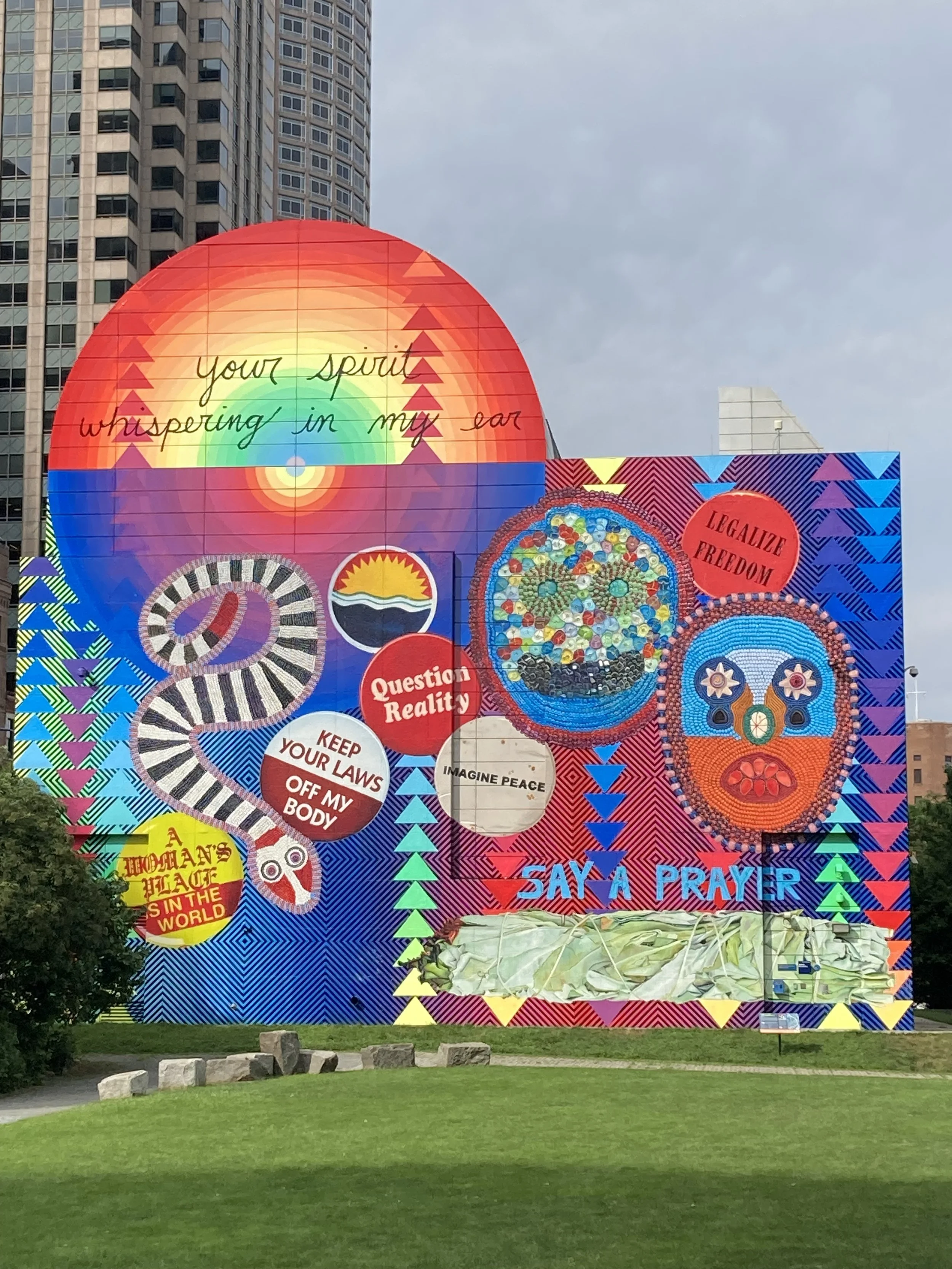
Important Boston-Area Intersectional History and Resources to Learn More
We cannot create a just future if we do not examine, learn from, and understand the past.
Boston, MA.
Boston is a fascinating place. A place of great innovation, community, and historic fights for freedom, birthed from a hotbed of hidden underlying oppression, suffering, and a culture still deeply revolving around white and male-dominated power-dynamics. Rich in history, revolution, activism, community and personal empowerment, a birth place of change, innovation, the arts, and consciousness. The cradle of academia, the historic and famous Harvard University and some of the highest rated medical institutions by current mainstream societal standards.
By mainstream societal healthcare standards, I mean the following: (and I say this with my deepest respect for our healthcare workers) healthcare here can be sometimes found to be steeped in savior-complex dynamics, dystopian capitalistic benchmarks, over-reliance on pharmaceuticals, no time for genuine therapeutic relationship-building and limited training in this area, a divorce from the Sacred, the soul, creativity, rites of passage, lived experience, other forms of healing, and Reverence for Life.
Bostonians are, across the board, a deeply driven and hard-working community. However, I often wonder if our drive to work (often truly untenable hours, with no respect for Life, family, or wellbeing) is based upon genuine passion and drive for the work, or rather, the worship of a sacrificial capitalistic soldier worldview, understandably due to the very high cost of living in the area? Capitalism has deep roots here.
While Boston is an incredibly diverse city, a home to many refugees, immigrants, and immigrant-scholars alike, Boston has been, and continues to be, a deeply segregated place by race and class. I hope to play a role in changing this.
Boston Racial Relations- Important Historical Events to know
-The court-ordered call to desegregate Boston Public Schools (1974-1988) led to compulsory busing between predominantly White and Black areas of the city. This brought about several racial protests and riots in the years following the implementation.
Please see resources here:
-Missing Black Women
https://www.amazon.com/Missing-Black-Women-William-Bush-Anderson/dp/B0FB93L6L8
Please see the mention of the killing of 11 Black women, and one White woman, in Boston, MA in 1979. The White slain woman’s story reached national attention, but the 11 Black women received very little media coverage.
Here is a pamphlet written by local Black women in their community to raise awareness of their slain sisters, as no one else would:
https://historyproject.omeka.net/items/show/590
Read more on the story here:
-https://www.boston.com/news/local-news/2019/02/20/1979-boston-murders-estuary-projects/
Read about the Roxbury Black Feminist collective, the Combahee River Collective, est. 1974
https://americanstudies.yale.edu/sites/default/files/files/Keyword%20Coalition_Readings.pdf
PAGE IN PROGRESS…
Please email us at revillaginggreaterboston@gmail.com if you have any events, details, or resources to add
